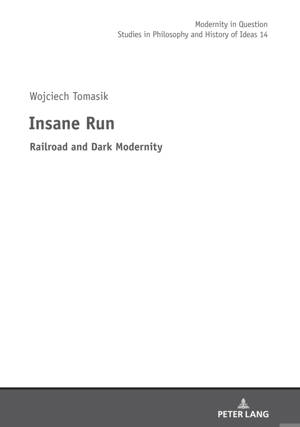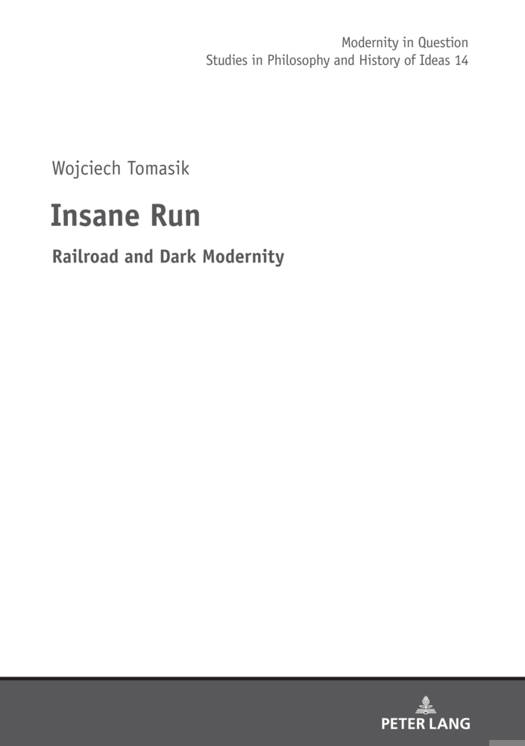
- Afhalen na 1 uur in een winkel met voorraad
- Gratis thuislevering in België vanaf € 30
- Ruim aanbod met 7 miljoen producten
- Afhalen na 1 uur in een winkel met voorraad
- Gratis thuislevering in België vanaf € 30
- Ruim aanbod met 7 miljoen producten
Zoeken
Omschrijving
This is a book about impending catastrophe. The metaphorical insane "run" ends with the outbreak of the First World War. The book focuses on European culture of the late nineteenth century and the Polish contribution to it. The word "dark" used to describe modernity is understood as a metaphor of gradual and permanent devaluation of the idea of progress, as a fading hope for the future of Europe as bright, predictable, prosperous, and safe. The "darkening" also receives a literal sense. At the end of the nineteenth century, darkness found its way back to the public space - in the theaters, panoramas, dioramas, and "love tunnels", which awaited the visitors of American and European amusement parks.
Specificaties
Betrokkenen
- Auteur(s):
- Vertaler(s):
- Uitgeverij:
Inhoud
- Aantal bladzijden:
- 306
- Taal:
- Engels
- Reeks:
- Reeksnummer:
- nr. 14
Eigenschappen
- Productcode (EAN):
- 9783631831823
- Verschijningsdatum:
- 28/08/2020
- Uitvoering:
- Hardcover
- Formaat:
- Genaaid
- Afmetingen:
- 148 mm x 210 mm
- Gewicht:
- 517 g

Alleen bij Standaard Boekhandel
+ 238 punten op je klantenkaart van Standaard Boekhandel
Beoordelingen
We publiceren alleen reviews die voldoen aan de voorwaarden voor reviews. Bekijk onze voorwaarden voor reviews.







